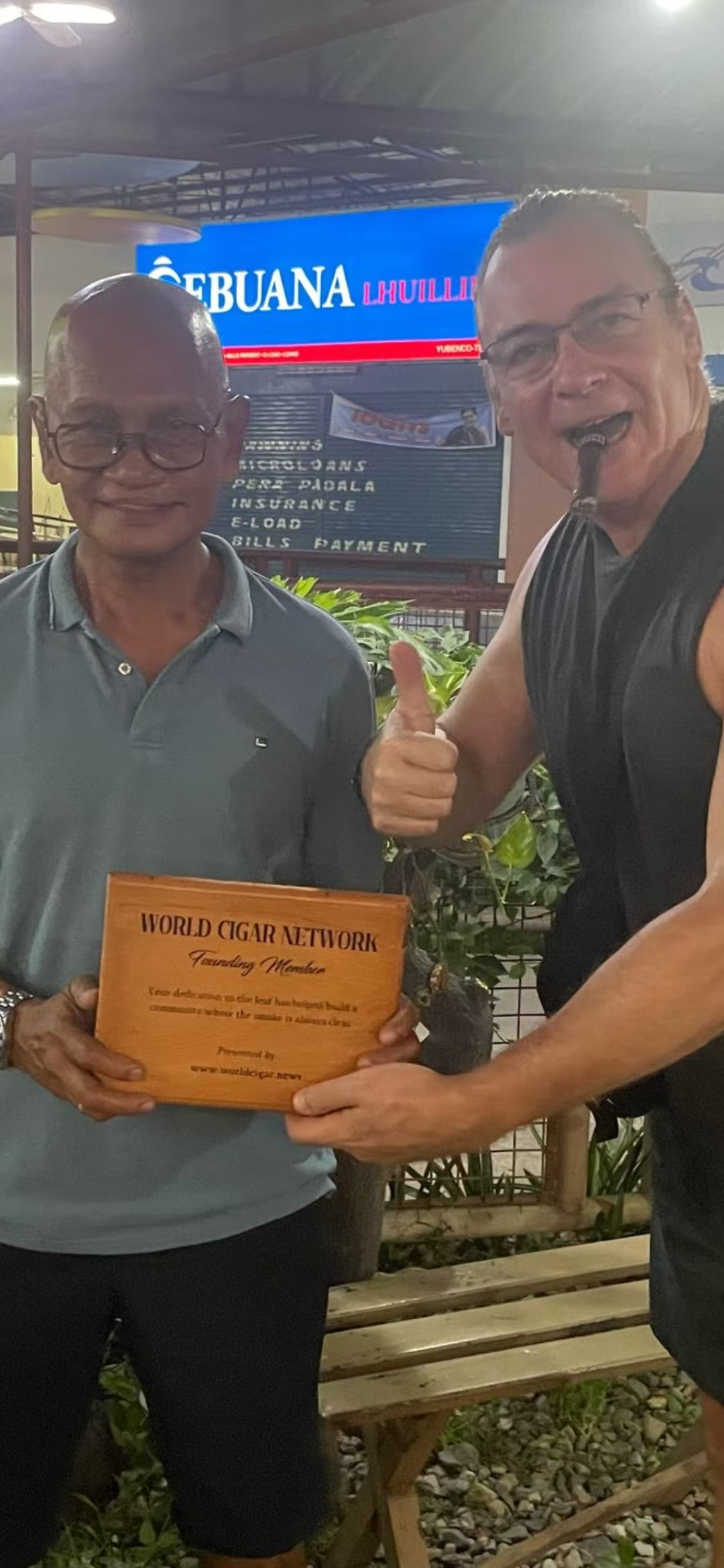Sheilla Ysug-Lee, R.N.
The recent surge in rice prices in Zamboanga City has sent shockwaves throughout the community, leaving many residents reeling from the repercussions. As the staple food of Filipinos, rice is an essential commodity that affects every household, regardless of socio-economic status. The sudden and steep price increase has not only strained household budgets but also raised concerns about food security, poverty, and the overall well-being of the city’s inhabitants.
The current rice price hike in Zamboanga City can be attributed to a combination of factors, including the shortage of supply, increased demand, and the effects of climate change on rice production. The city’s reliance on imported rice from other regions has also contributed to the price escalation. Furthermore, the lack of effective price regulation and monitoring has allowed unscrupulous traders to take advantage of the situation, further exacerbating the problem.
The impact of the rice price hike is far-reaching and devastating. For low-income families, who spend a significant portion of their income on food, the increased cost of rice has meant reducing their already meager budget for other essential expenses, such as education, healthcare, and housing. The price hike has also affected small businesses, like eateries and food stalls, which rely heavily on affordable rice to operate. As a result, many of these establishments have been forced to either increase their prices or reduce their staff, leading to job losses and decreased economic activity.
Moreover, the rice price hike has also raised concerns about the nutritional well-being of Zamboanga City’s residents, particularly the most vulnerable sectors, such as children, pregnant women, and the elderly. Rice is a primary source of energy and nutrients, and the reduced access to affordable rice can lead to malnutrition, stunted growth, and other health problems.
To address the rice price hike, the local government, in collaboration with national agencies and stakeholders, must take immediate and decisive action. First, there is a need to enhance the city’s rice production capacity through initiatives that support local farmers, improve irrigation systems, and promote climate-resilient farming practices. Additionally, the government should implement effective price regulation and monitoring mechanisms to prevent price manipulation and ensure that rice is sold at reasonable prices.
Furthermore, the government should also provide support to low-income families and small businesses affected by the price hike. This can be done through the provision of subsidies, cash assistance, and other forms of aid to help them cope with the increased cost of living. The government should also invest in programs that promote food security, such as food assistance programs, school feeding initiatives, and nutrition education campaigns.
The rice price hike in Zamboanga City is a pressing issue that requires urgent attention and collective action. The government, private sector, and civil society must work together to address the root causes of the problem, support those affected, and promote food security and sustainable agriculture practices. Only through a comprehensive and coordinated approach can we mitigate the devastating impact of the rice price hike and ensure that every resident of Zamboanga City has access to affordable and nutritious food.














